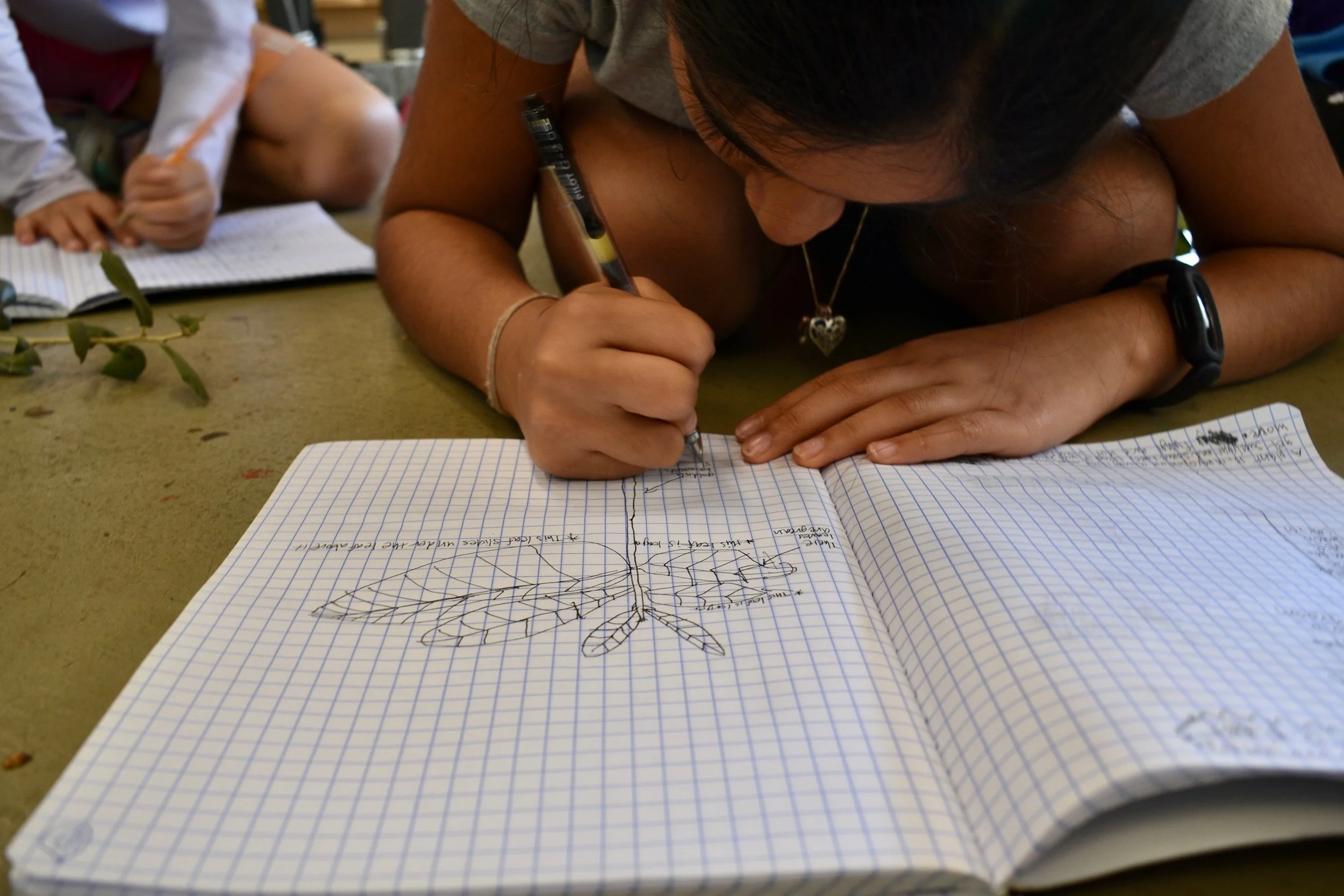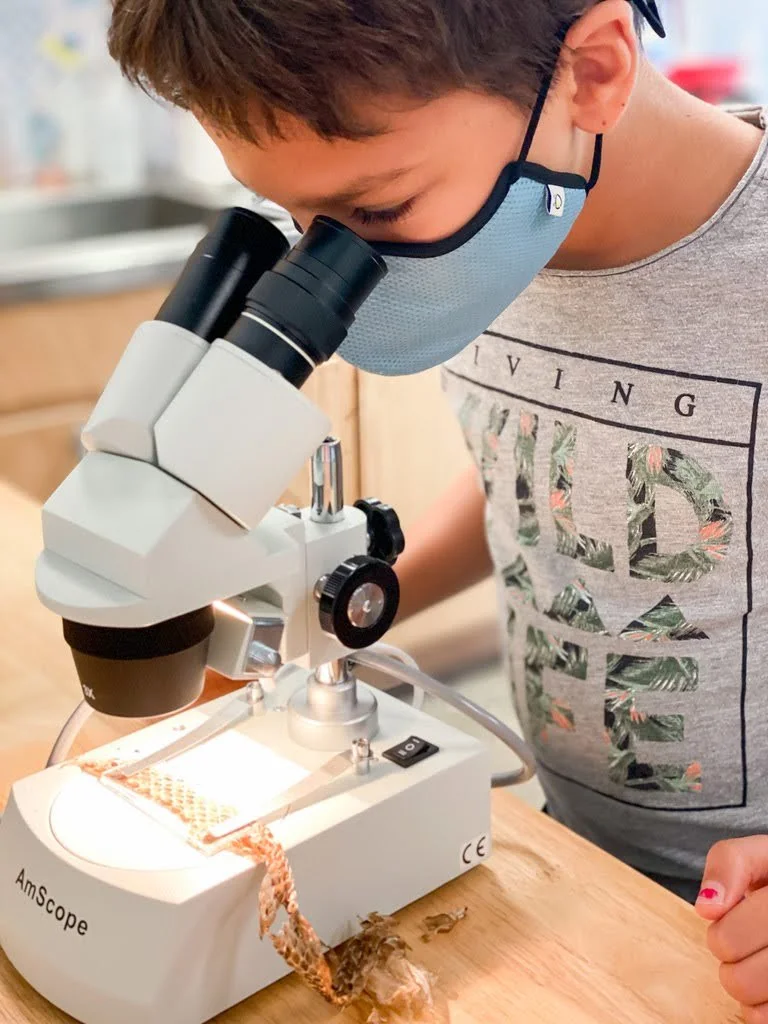One day in September, a perplexing set of objects awaited Violet and Aqua Band learners in Science Block. Simply described, they were cardboard tubes with the ends blocked off by duct tape, and with four strings protruding from small holes in the sides. When learners pulled the four strings, however, surprises ensued. The four strings didn’t react as one might have expected. Inside the tubes, where no one could see it, a mysterious mechanism governed the action of the strings. What was it?
Over the next week or two, the learners investigated, working in small collaborative groups. They turned the tubes over and around….
Read More


